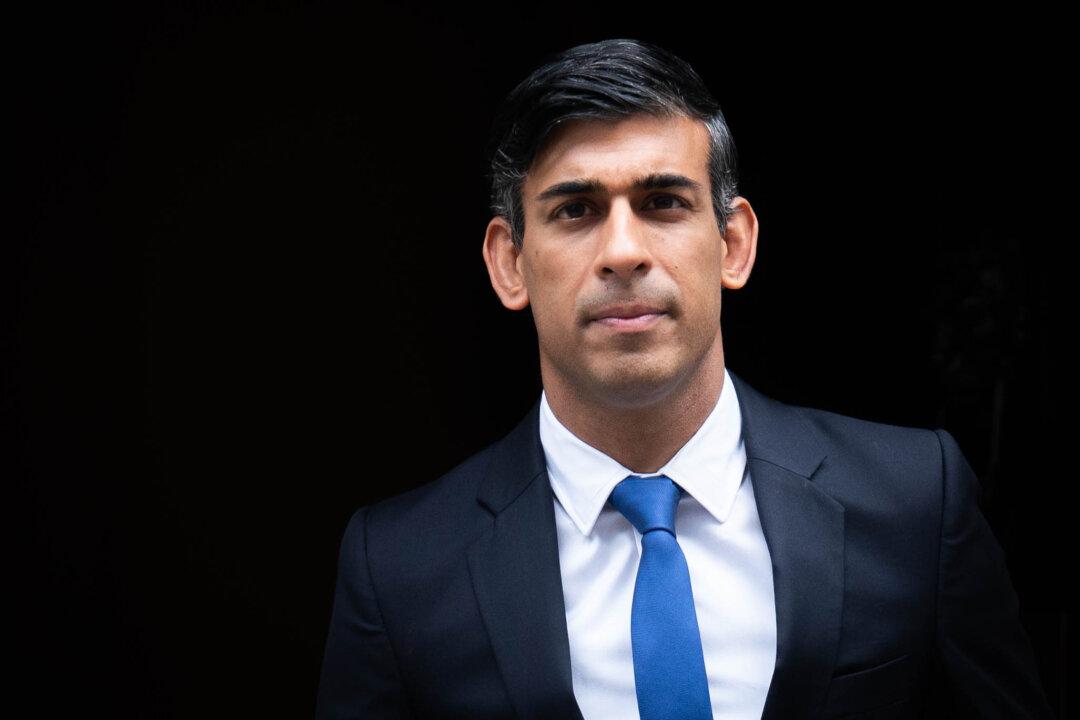Artificial intelligence (AI) could exacerbate security risks, including chemical and biological weapon attacks, a government report has warned.
Rapid progress in frontier AI could lead to its exploitation by terrorist groups to “spread fear and disruption on an even greater scale,” Prime Minister Rishi Sunak said in his speech on Thursday.





